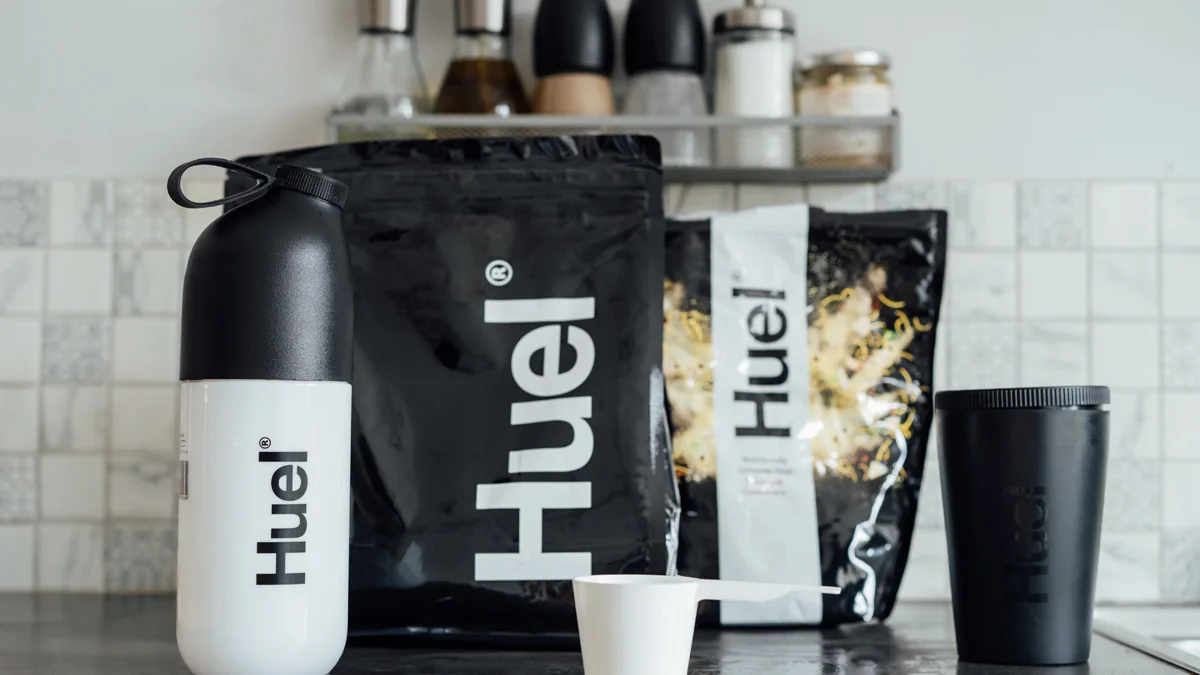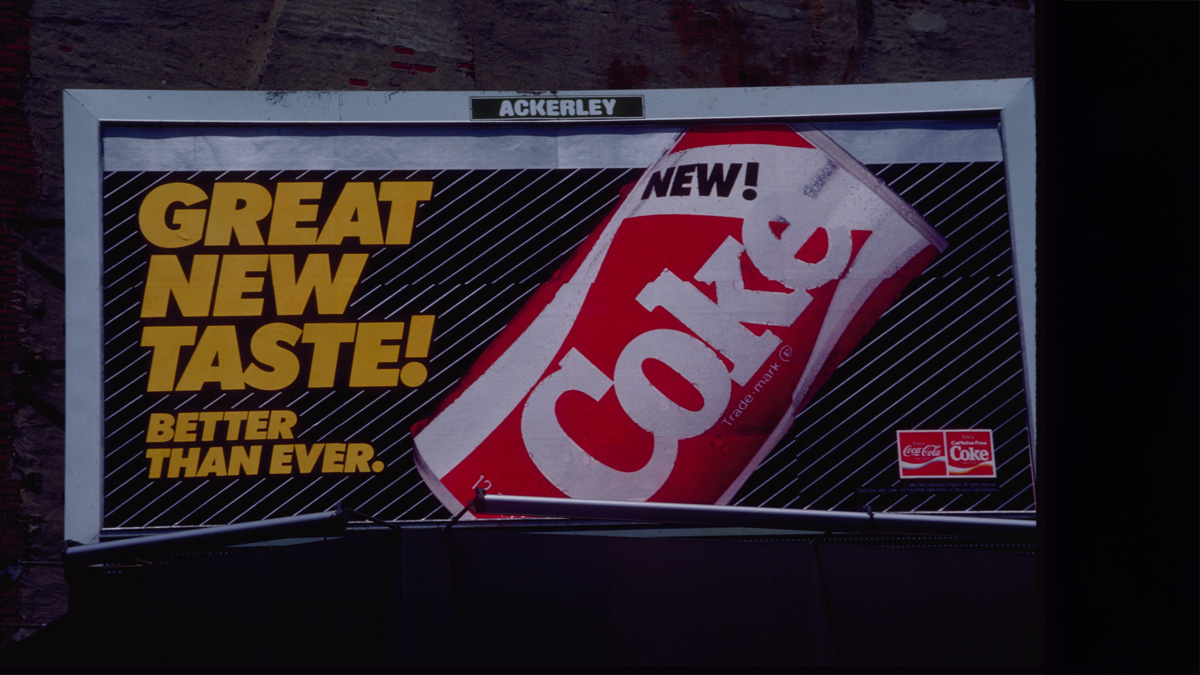
Huel is one of the fastest-growing companies in the UK. Its latest annual results show revenues of £185m and a pre-tax profit of £4.7m. The company was valued at $560m in a funding round in 2022 and has grown further since then. James McMaster, the chief executive, has spoken about Huel becoming the next billion-dollar food brand.
In the latest episode of the Business Leader Podcast, we speak to McMaster about the history of the business and its future, as well as his leadership approach.
There are a lot of things about Huel that stand out: its unique recruitment strategy (it refers to its staff as Hueligans and is relentlessly focused on protecting its culture), its marketing (it has got in trouble with the Advertising Standards Authority for adverts featuring Steven Bartlett) and how it has succeeded in the US.
Huel generates $100m (£77m) of its sales in the US. Talking to McMaster, a few key points stuck out about its US success:
• Huel went into the US earlier than other businesses would have because it could see on social media that the brand was proving popular among American customers.
• It initially opened its US office in Los Angeles but moved to New York because the time difference made conversations easier.
• Selling to customers directly via its own website rather than trying to build relationships with retailers proved a big advantage.
• Huel has moved UK staff over to the US office to, in McMaster’s words, “turbocharge the cultural bits and the learnings and knowledge they have of the product and customers.”
Related and recommended

Fashion entrepreneur Dessi Bell explains why customers are looking for something different when they shop on the high street

Think assistants are just admin managers? Think again. They might be your greatest business asset

The home appliances inventor and entrepreneur explains what he’s learned from sponsoring Brentford FC

An ill-fated product launch 40 years ago became one of the biggest marketing blunders ever and still holds lessons today

